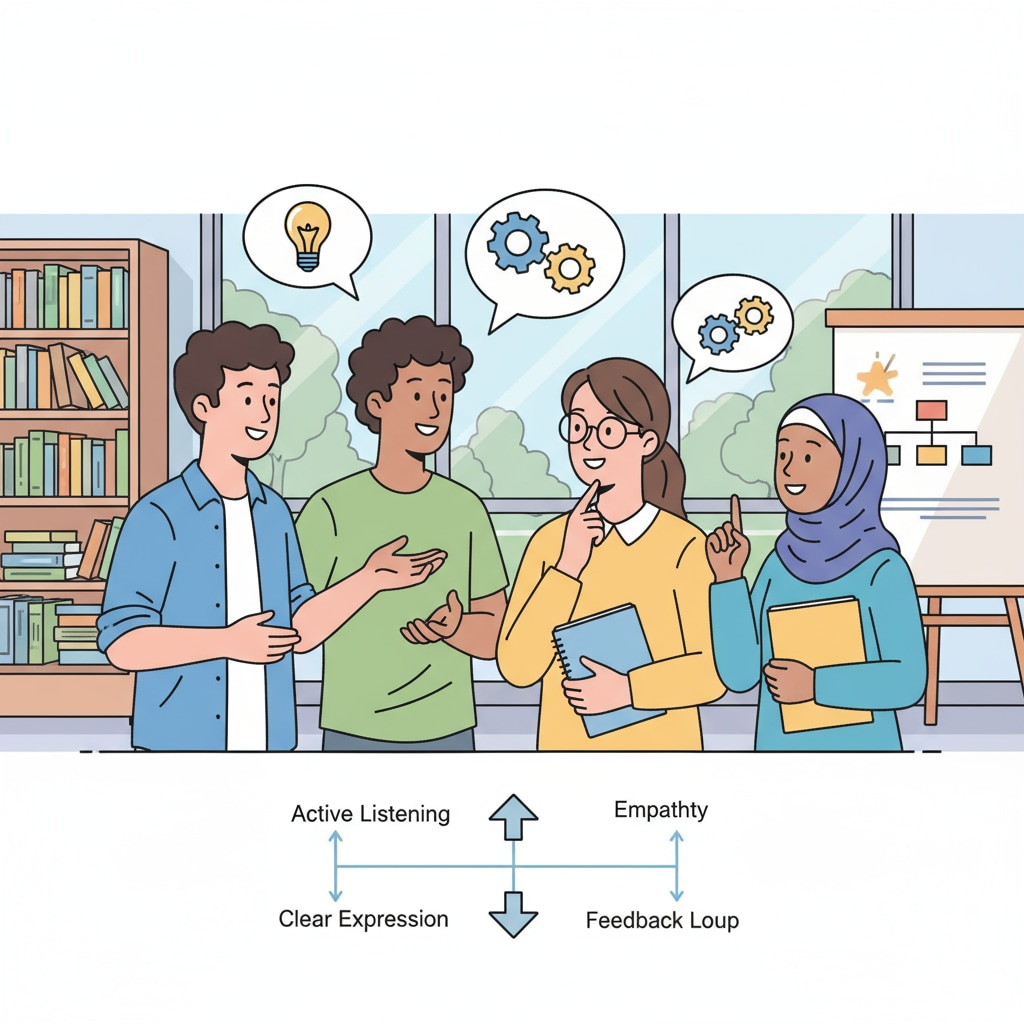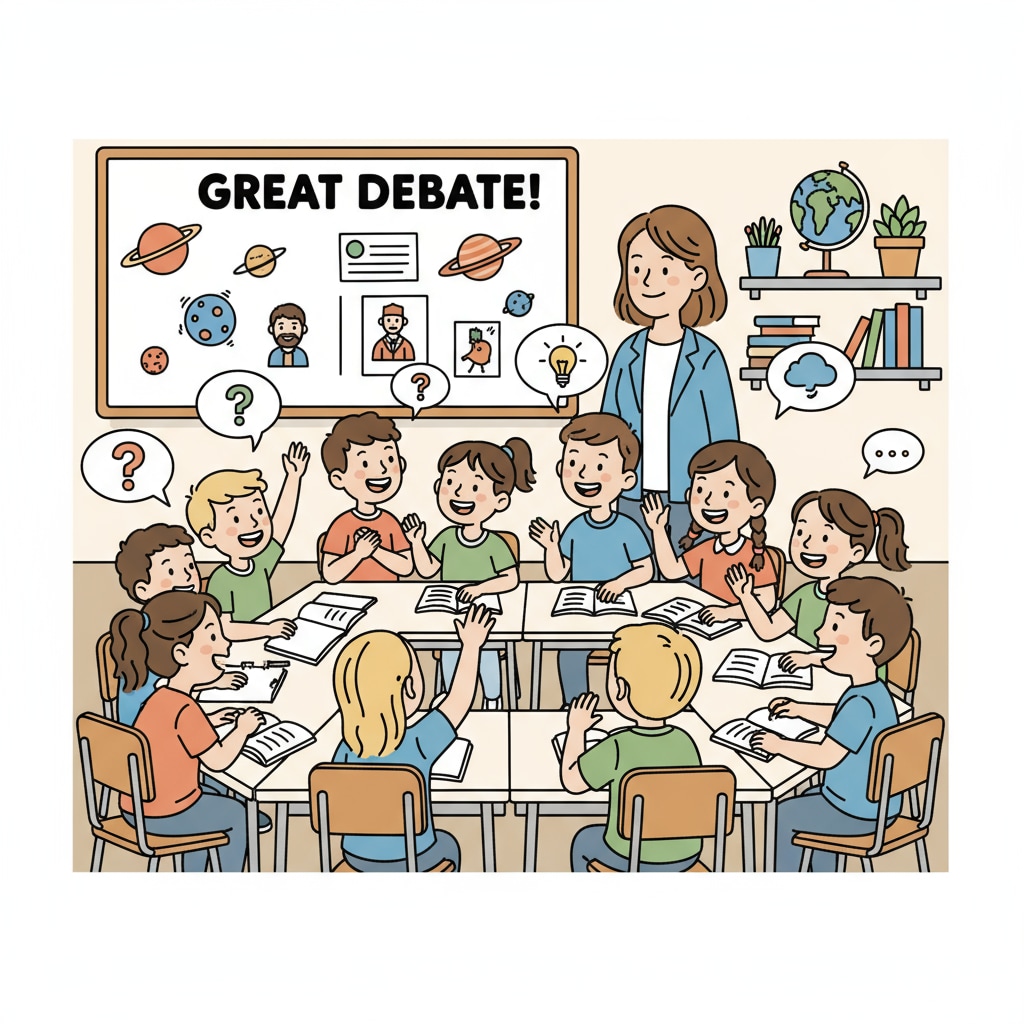Communication skills, dialogue, and active listening are essential components of a well-rounded education, yet they are often overlooked in the K12 curriculum. In today’s fast-paced world, the ability to communicate effectively is crucial for success in both personal and professional relationships. This article will explore why these skills are so important and how we can help students develop them.

The Importance of Communication Skills
Communication skills are not just about speaking and writing; they also involve listening, understanding, and empathizing with others. Effective communication allows us to express our thoughts and ideas clearly, build relationships, and resolve conflicts. In the context of K12 education, students who possess strong communication skills are more likely to succeed academically, as they are better able to understand instructions, participate in discussions, and express their knowledge. Communication skills on Wikipedia
The Role of Dialogue in Learning
Dialogue is a fundamental aspect of communication that involves two or more people engaging in a conversation to share ideas, perspectives, and experiences. In the classroom, dialogue can take many forms, such as discussions, debates, and group projects. By participating in dialogue, students learn to think critically, express their opinions, and respect the viewpoints of others. This helps them develop a deeper understanding of the subject matter and enhances their problem-solving skills.

Active listening is another crucial component of effective communication. It involves paying attention to what the speaker is saying, asking questions to clarify understanding, and providing feedback. When students actively listen, they are better able to absorb information, build relationships, and avoid misunderstandings. Teachers can encourage active listening by modeling good listening skills, providing opportunities for students to practice, and teaching them strategies for effective listening.
In conclusion, communication skills, dialogue, and active listening are essential for students’ success in K12 education and beyond. By recognizing the importance of these skills and providing opportunities for students to develop them, we can help prepare them for a lifetime of effective communication and meaningful relationships.
Readability guidance: The article uses short paragraphs and lists to summarize key points. Each H2 section provides a list of related ideas. The passive voice and long sentences are kept to a minimum, and transition words are used throughout to enhance readability.


